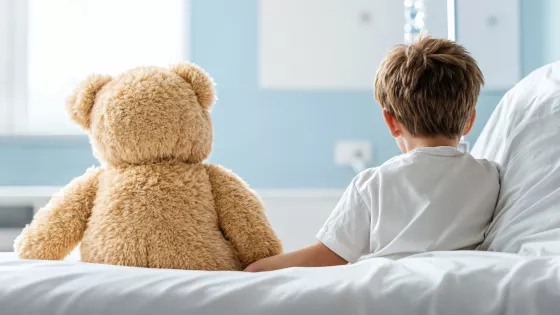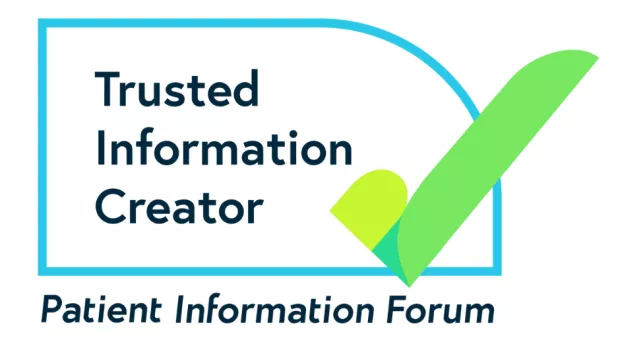Photosensitivity (flashing or flickering lights)
Only about 3 in every 100 children with epilepsy have photosensitive epilepsy (sensitive to flashing or flickering lights).
How will I know if I have photosensitive epilepsy?
EEG test results will show that there are changes to the electrical impulses in the brain when you’re looking at flashing lights.
A flicker rate of 5–30 times a second is most likely to cause problems.
Other triggers could include:
• Geometric shapes
• Patterns, such as stripes and checks
• Sunlight reflecting on water
• Light shining through a row of trees
How to manage your photosensitivity
If you have been diagnosed with photosensitive epilepsy, try to avoid any known photosensitive seizure trigger.
If you do see a trigger, you should not close your eyes, as this can increase the risk of a seizure. You should cover one eye with the palm of your hand and look away from the trigger.
Tips for when you’re using screens:
- If you are playing a video game, make sure you in a well-lit room, at least 3m (9ft) from a TV screen or 1m (3ft) from a computer screen.
- If possible, you should use a remote control to change TV channels.
- If you go to the TV, try to cover one eye with the palm of your hand.
- Don’t play a game on screen when you are tired, as this increases the risk of a seizure.
- Try to take regular 10-minute breaks when you have played for 45 minutes and try to rest between on-screen games.
Newer TV screens – including LCD and plasma – are less likely to trigger a seizure than older TV screens. This is because they either don’t flicker or have a high flicker frequency.




